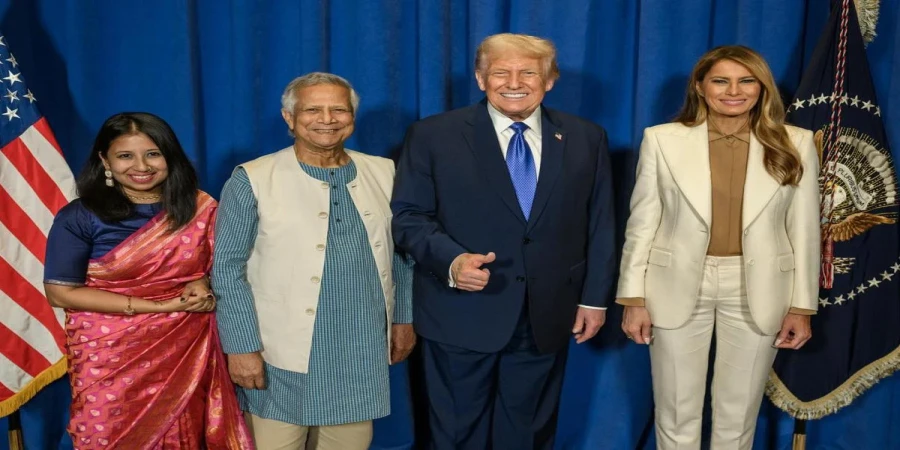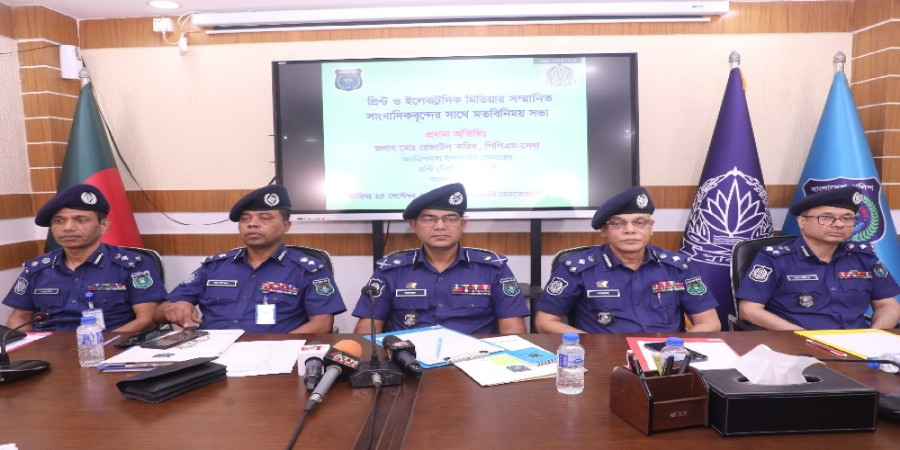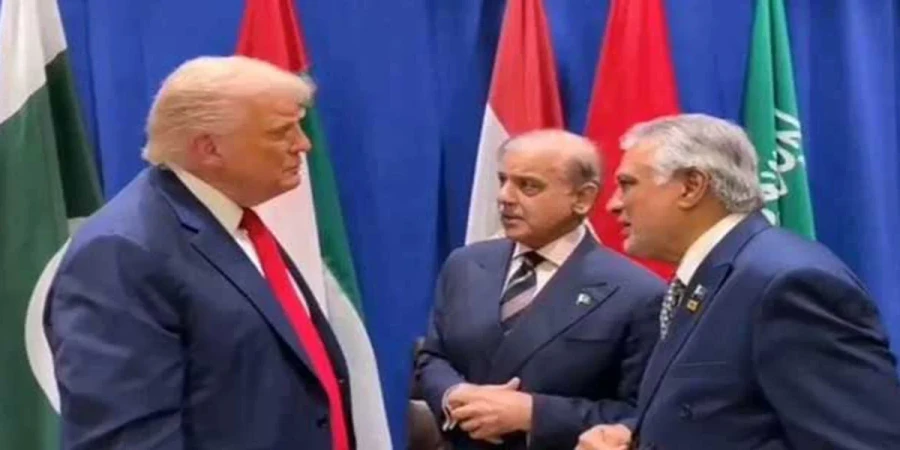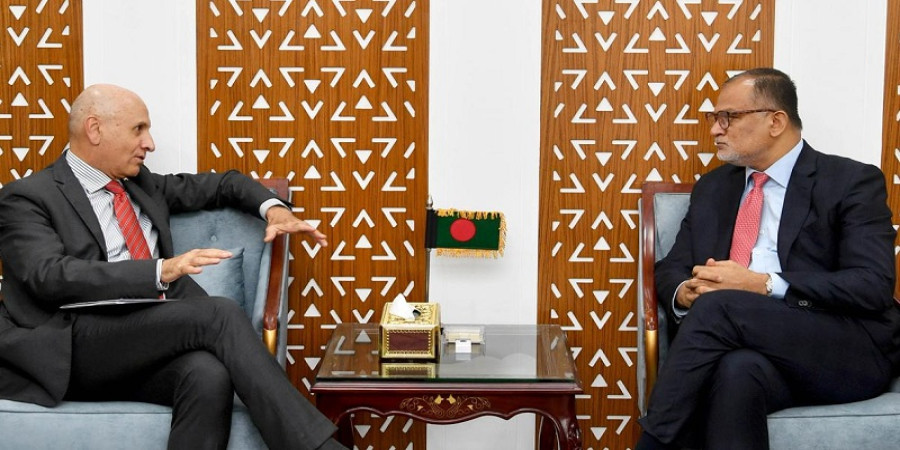
ছবি: Photo: Collected
Following the dramatic downfall of the Awami League-led government on August 5 during a student-people uprising, the former ruling party has begun maneuvering to exploit tensions within the BNP-Jamaat alliance. Previously dismissive of the BNP during its time in power, the Awami League now sees an opportunity to drive a wedge between the two long-time allies. Reports suggest that exiled and underground Awami League leaders are subtly supporting BNP’s actions and seeking India’s help to forge closer ties with BNP factions, with the aim of destabilizing the BNP-Jamaat partnership.
Despite ideological differences, BNP and Jamaat forged a coalition in 1999 and achieved a landslide victory in the 2001 parliamentary elections. Since then, the alliance has jointly led anti-government movements, including the most recent protests against the Awami League government. However, cracks have started to appear in their unity. Political analysts suggest that since the formation of the interim government under Nobel laureate Dr. Muhammad Yunus following the August uprising, differences have emerged between the two parties. BNP has been pressuring the interim government for an electoral roadmap, while Jamaat has shown patience, focusing on internal reforms.
This divergence has provided Awami League an opening. Insiders claim the party is attempting to capitalize on BNP-Jamaat ideological differences to regain its political footing. India, considered a close ally of the Awami League, is reportedly assisting in the effort. The aim is to convince BNP’s pro-India faction that Jamaat’s growing influence could weaken BNP’s position and jeopardize its long-term prospects. Awami League has framed itself as a potential ally to BNP’s secular elements, emphasizing shared goals and concerns over Jamaat’s expanding reach.
Political sources reveal that Awami League’s strategy revolves around driving a narrative within BNP that Jamaat’s growing strength could overshadow BNP, especially if the interim government extends its term by two or three years. This could solidify Jamaat’s position while BNP’s influence diminishes. BNP leaders are being warned of the risks associated with Jamaat potentially aligning with anti-discrimination movement leaders, leaving BNP vulnerable. Awami League has sought to present itself as a reliable partner to BNP’s secular leadership, subtly implying that their collaboration could ensure both parties’ survival in the long run.
Awami League leaders, many of whom are currently in India, are also lobbying for support to rebuild their political relevance in Bangladesh. They argue that India’s strategic interests align with an Awami League resurgence, as the party is seen as a dependable ally in the region. Reports indicate that Indian intelligence agencies are mediating discussions to facilitate Awami League’s reintegration into Bangladeshi politics.
BNP’s Acting Chairperson Tarique Rahman has proposed forming a national government, echoing Sri Lanka’s model for crisis management. However, Awami League fears being excluded from such an arrangement. This has intensified its efforts to fracture the BNP-Jamaat alliance, a move it deems essential for its political rehabilitation.
Political analysts remain divided on the implications. Dr. Abdul Latif Masum argues that while differences within the BNP-Jamaat alliance are natural, these should not be exploited to rehabilitate authoritarian forces like the Awami League. He emphasized the need for BNP and Jamaat to remain united in the national interest, particularly to ensure democratic governance under a national government framework.
Similarly, political commentator Ikhtedar Ahmed warned against divisive tactics by opportunistic elements. While ideological differences exist between BNP and Jamaat, their historical alliance has been a cornerstone of Bangladesh’s political landscape. Ahmed urged both parties to set aside internal disputes and work collaboratively for the nation’s greater good, cautioning that failure to do so could result in further political chaos.
The evolving dynamics suggest a high-stakes battle for influence, with Awami League banking on BNP-Jamaat discord to stage a political comeback. Whether this strategy will succeed or backfire remains to be seen, but the outcome could significantly reshape Bangladesh’s political future.
repoter






